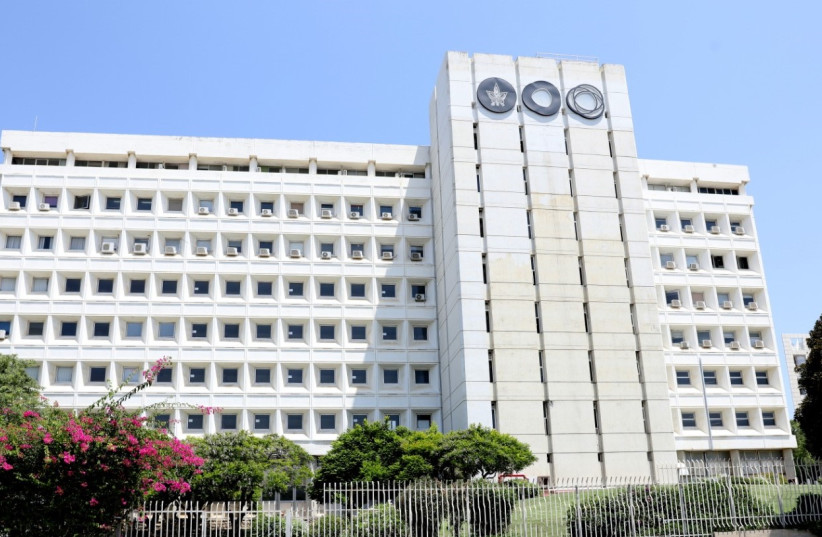The lack of marine plastic pollution standardization is hindering the efforts to overcome the problem, and the COVID-19 pandemic is exacerbating the issue, researchers at Tel Aviv University determined in a recent study.
Their review was published in Current Opinion Toxicology.
Plastic pollution poses a grave threat to marine life: Organisms swallow particles and toxins and become entangled in larger products and nets. Currently, there is no standardized system to explain the diversity of marine plastic pollution, enable comparisons, exchange facts, and provide tools for decision-makers.
The researchers explain that marine plastic pollution comprises many different types of plastic and plastic products of various shapes and sizes – from huge ghost nets to nanoparticles, as well as a vast range of chemical additives. Different methods for monitoring, sampling, and identifying plastic pollution relate to different properties of the sampled material: from size, source, and original use, through shape and color, to chemical composition and physical properties.
Sampling is typically conducted with a towed net, with the size of collected pollutants dependent on the net's mesh size, and tiny particles are identified in the lab using various spectroscopic and chemical methods.

In addition to a variety of sampling and identification methods, units used for reporting measured concentrations of pollutants also vary: from the number of plastic objects per area to the weight of particles per organism, and more.
According to one of the study’s leaders, Prof. Noa Shenkar of the School of Zoology, these differences generate confusion.
"[There is] lack of communication among researchers in different parts of the world, hampering our efforts to work together toward our common goal," she said.
Shenkar noted that plastic pollution, which is all-handmade, is harmful to the marine environment with constantly rising amounts of plastic entering the ocean.
The pandemic, which has generated extreme demands for personal protective and single-use products, has further exacerbated the issue.
"Plastic wastes endanger marine life in many ways: animals get entangled in large plastic items or swallow small particles and chemicals, consequently dying of suffocation, starvation, or poisoning," Shenkar said. "Awareness is growing, and research is expanding, but the effort to monitor and prevent plastic pollution encounters many obstacles, first of all, due to the enormous complexity and diversity of plastic debris."
"Marine plastic pollution is a global problem, which requires extensive international collaboration,” Shenkar continued. “At the bottom line, we all wish to focus our efforts and obtain the best results. Like many others, we believe that efforts should begin close to the shoreline, in areas directly impacted by plastic pollution. However, a great deal of research is still required in order to establish this assumption and build effective strategies for managing plastic pollution. But first of all, we urgently need standardization that will enable all of us, all over the world, to work together."
The Environment and Climate Change portal is produced in cooperation with the Goldman Sonnenfeldt School of Sustainability and Climate Change at Ben-Gurion University of the Negev. The Jerusalem Post maintains all editorial decisions related to the content.
